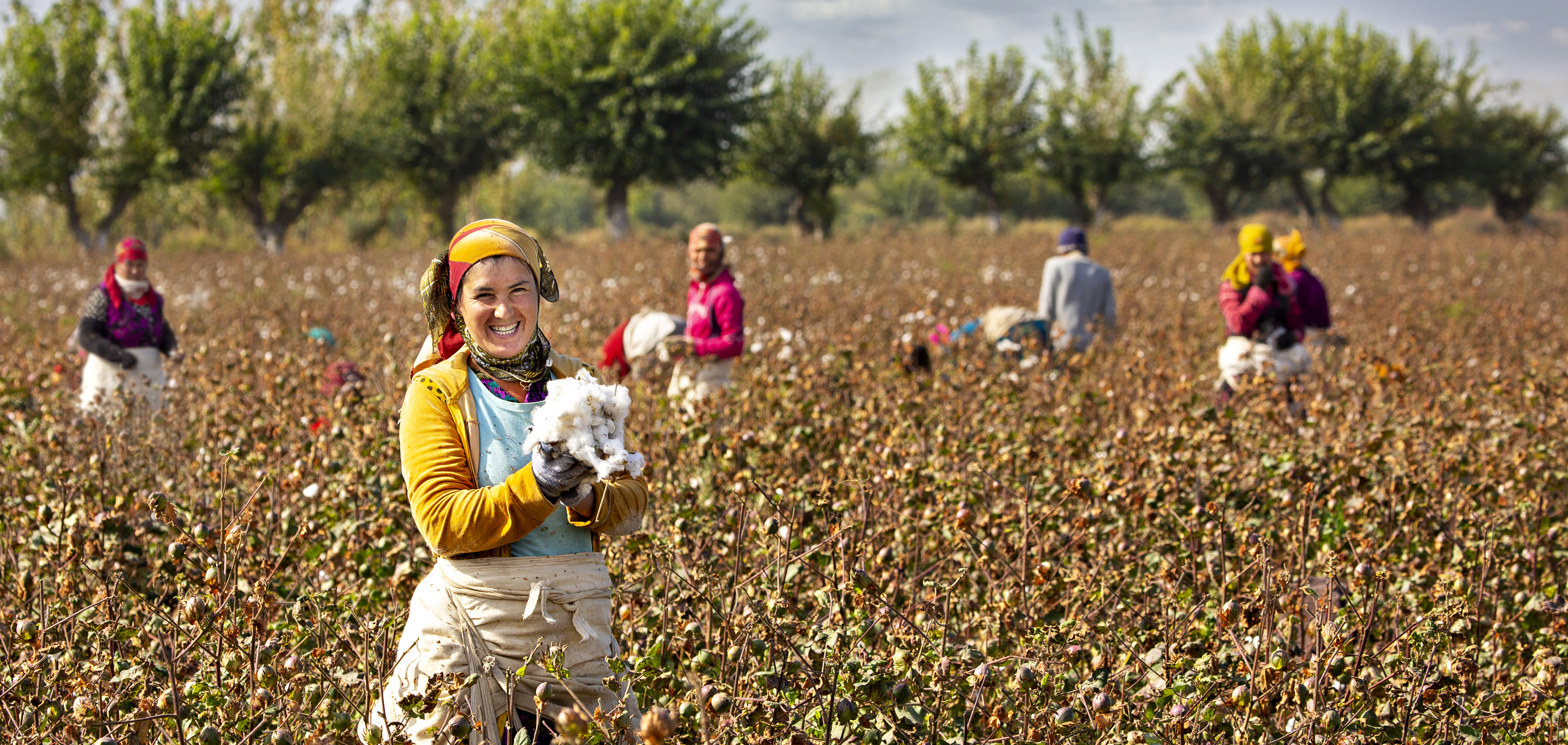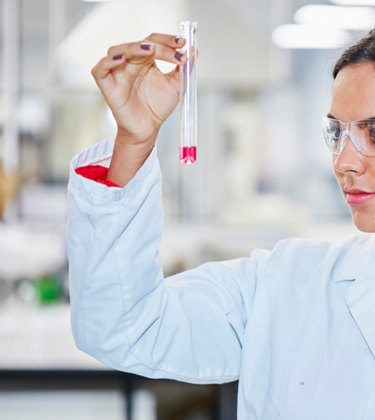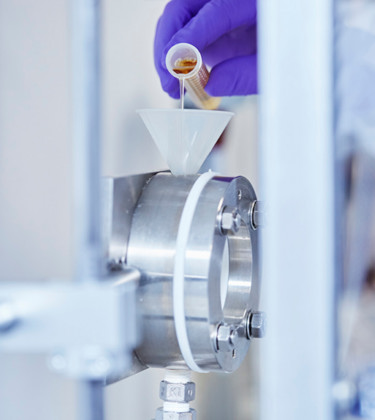Eco-Friendly Choice
Global Compliance
The OEKO-TEX® ORGANIC COTTON satisfies several global regulations, including the EU REACH directive, US CPSIA (lead) and the EU POP.
Credibility
OEKO-TEX® ORGANIC COTTON certification begins at the farm level, where cotton is certified organic according to one of the IFOAM Family of Standards. From there, a robust chain of custody mechanism tracks the organic cotton through every step of the supply chain until it becomes a finished textile article.
Find Out More
OEKO-TEX® ORGANIC COTTON Requirements
Every component of the article must meet the standard's conditions, test criteria, and limit values.
- Farms are certified according to one of the IFOAM Family of Standards
- The full chain of custody must be traceable with OEKO-TEX® transaction certificates
- Yearly successful quality audit of your company
- Mixtures of organic and conventional cotton are not accepted
OEKO-TEX® ORGANIC COTTON Certification Process
- Application: Submit an application detailing your product and production processes
- Chain of Custody Verification: Transaction certificate and supply chain analysis
- Evaluation: Our experts conduct a thorough analysis against OEKO-TEX® ORGANIC COTTON criteria
- Results: Evaluation of results and transaction certificate
- On-Site Visit: Inspection and assessment of your facility
- Certificate: Issue of certificate for one year
The OEKO-TEX® ORGANIC COTTON certification includes:
- Qualitative and quantitative GMO (genetically modified organisms) testing
- Product safety ensured trough testing for pesticides and harmful substances
- Reassurance through a verified chain of custody from farm to product
Who Does the OEKO-TEX® ORGANIC COTTON Certification Apply To?
ORGANIC COTTON can be used for textile products and accessories that contain more than 70% organic cotton, this makes it suitable for items at all stages of production, including:
- Raw Materials: Natural and synthetic fibers.
- Intermediary Products: Yarn & fabric (raw and finished)
- Finished Products: Clothing, home textiles and accessories

Ready to take the next step in sustainable textile production? Contact us today to learn more about OEKO-TEX® ORGANIC COTTON certification and how it can benefit your business. Our team of experts is here to guide you every step of the way.

 OEKO-TEX® STANDARD 100
OEKO-TEX® STANDARD 100Tested for Harmful Chemicals
For textiles that do not meet organic cotton requirements, OEKO-TEX® STANDARD 100 offers comprehensive chemical safety certification. Independently tested against a strict list of harmful substances, it applies to all fibre types and product categories.
 Microbiology & Biochemistry Testing
Microbiology & Biochemistry TestingLooking for Advanced Microbiological or Biochemical Testing?
Ensure hygiene, safety, and material performance with expert Microbiology & Biochemistry testing at Shirley®. We specialise in evaluating antimicrobial, antifungal, and protective properties of textiles and related materials, including GMO detection required for organic cotton certification.


 Shirley®
Shirley®Want to stay ahead on OEKO-TEX® standards?
Join us to learn how OEKO-TEX® certifications can help your business build transparency across the supply chain, meet rising consumer and regulatory demands, and stay ahead of key industry themes such as sustainability, chemical safety, and responsible production.
Coming to locations across the UK – don’t miss your chance to connect with our experts.







